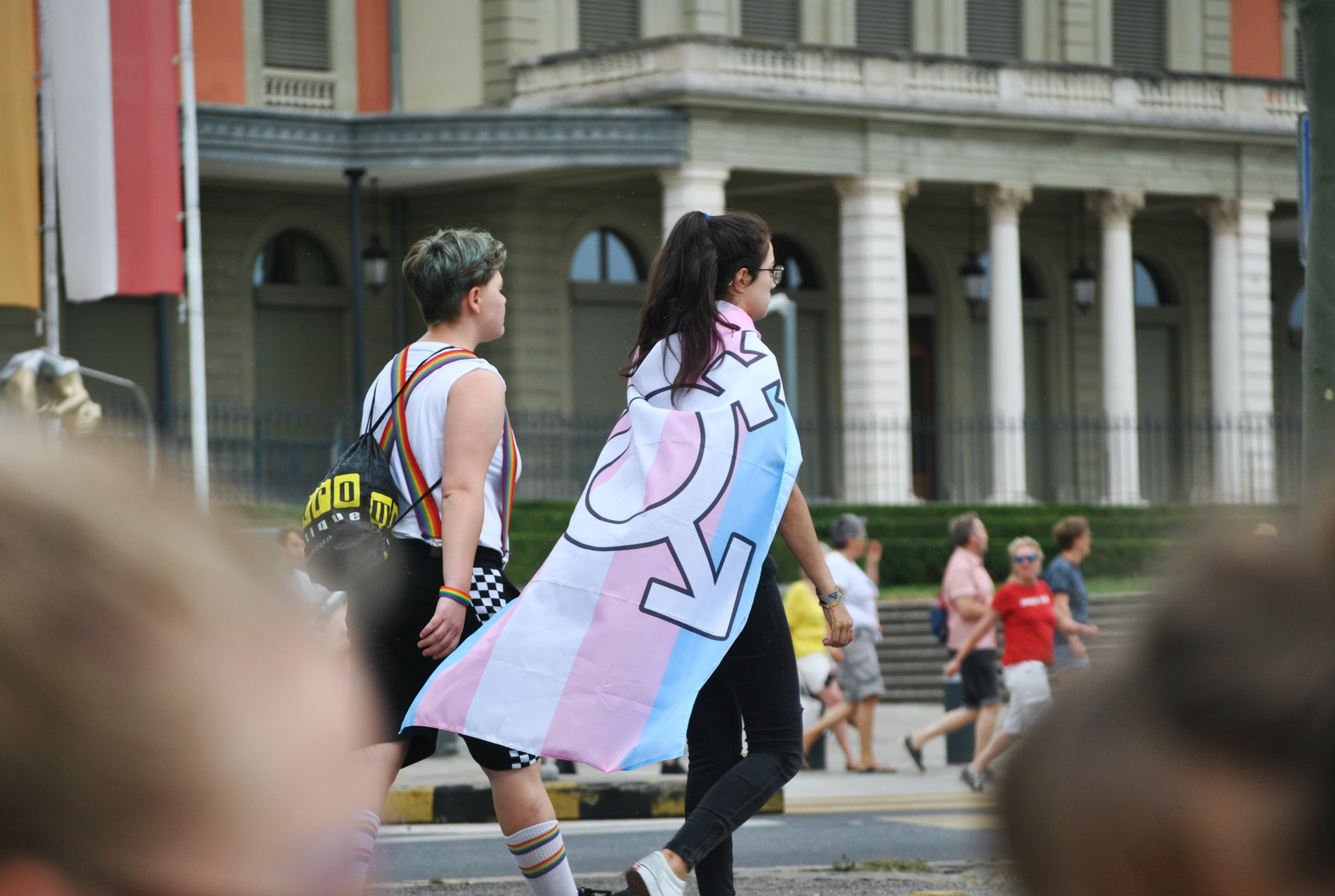“We call upon these states to without delay take necessary actions to abolish the current initiatives, to prevent them from institutionalizing human rights violations against their trans and intersex citizens”, Skouen continues.
In a recent report published by the European Agency for Fundamental Rights, the overall number of LGBT people in the EU-countries, Serbia and North Macedonia who have experienced discrimination throughout the last 12 months have increased 6 percentage points from the last survey was done in 2012, at that time 43%. For transgender people the increase is up to astonishing 60%.
Legal gender recognition banned in Hungary
Article 33 of the 2020 amendment to the Act on Civil Registration Procedure, regarding reformulating the national registry to change the mutable category of “sex” to an immutable category of “sex at birth”, was passed in Hungary 19 May. This amendment will effectively make legal gender recognition for trans and intersex people impossible in Hungary.
In a joint statement TGEU, ILGA Europe and OII Europe express their concern about the impact of the law amendment, which contravenes EU and international human rights law and violates the well-established right to private and family life for trans and intersex Hungarians. The European Court of Human Rights has consistently and clearly asserted that legal gender recognition falls within the right to private and family life in the European legal framework.
The Constitutional Court remains the last option in the country to stop the law, and the Hungarian organization Transvanilla Transgender Association has, on behalf of two persons affected by the law, filed a complaint to the Constitutional Court, seeking a declaration that the law is unconstitutional and therefore should be annulled.
Limiting access to vital health care in Kazakhstan
In Kazakhstan, amendment No. 539 to the draft “Code on the health of the people and the healthcare system” prohibits legal gender recognition for trans people between 18 and 21 and trans people with “behavioral disorders” of all ages.
Amendment No. 539 will limit trans young people’s access to vital health care. This amendment goes against the right to health protection recognized by Article 18 of the Constitution of Kazakhstan. The impact of not being able to socially and/or medically transition is well known, and there are no medically founded reasons that can justify such a limitation.
Ban on education about gender identity in Romania
An amendment to the Education law, L87/2020, that prohibits teaching about gender identity in schools was passed in the Romanian parliament on the 16th of June. It is still pending signature by the president, which leaves hope that there might be recognition of the negative impact such a law would have.
Preventing education about gender identity in schools will be detrimental to all trans, intersex and gender diverse children, who might not have the resources to access this information by their own initiative and may prevent development of a safe and positive self-image.
Furthermore, the absence of information about groups facing stigma in society will risk increased stigmatization, and homophobic and transphobia patterns of behavior.
Need for more, not less, protection
As of 2019, the World Health Organization depathologized trans and gender diverse identities, and 2020 should be a year where societies should adapt and manifest laws and policies to avoid that the idea of trans persons being sick will prevail. The abovementioned initiatives are doing the exact opposite.
Trans and gender diverse people are among the groups most at risk of human rights violations today, and it the responsibility of each and every state to prevent this.
“It is important that we move in the direction of more protection and improved access to human rights, while at the moment what we see is state succumbing to transphobic attitudes and cracking down on a community most at risk”, says Skouen.
- We call upon the Hungarian government to repeal article 33 of the amendment to the national registry law without delay, and that the question of the current lack of access to legal gender recognition be solved promptly;
- We call upon the Kazakhstani Parliament to withdraw the age limitations on legal gender recognition, as well as the restrictions of “behavioral disorders”;
- We call upon the president of Romania to refrain from signing the Amendment to the Law on Education and take the necessary steps to ensure that children and youth get access to information about sexual orientation and gender identity.
